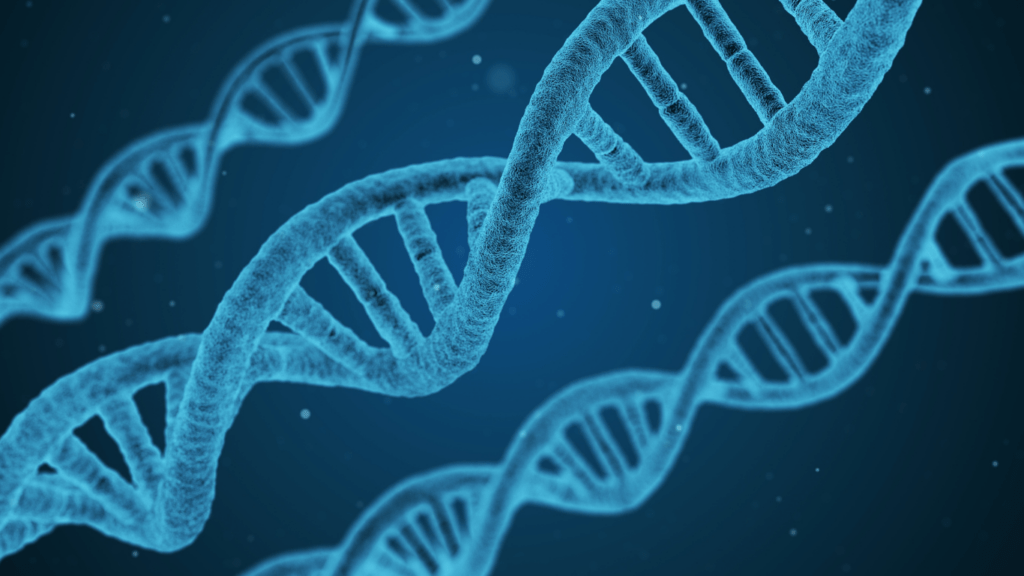Understanding Athletic Potential
Athletic potential consists of a complex interplay of genetic and environmental factors influencing physical abilities. My focus here is on the specific genetic markers linked to athletic performance. For example, the ACTN3 gene affects muscle fiber composition, impacting speed and power. Studies highlight that variations, like the R577X polymorphism, correlate with sprinting prowess.
Environmental elements like training intensity and nutrition play vital roles, yet genetic predispositions set baseline capabilities. Realizing one’s full potential requires recognizing these genetic foundations. By understanding them, athletes and coaches can tailor regimens to match inherent strengths and weaknesses, boosting performance.
Further studies investigate VO2 max variations, which contribute to endurance capabilities. Genes like EPOR influence oxygen uptake efficiency, directly affecting stamina levels. Leveraging this information facilitates personalized training plans, optimizing cardiovascular and muscular endurance. Thus, athletic potential maximizes when genetics inform program design, integrating natural predispositions with targeted training approaches.
The Role Of Genetics In Athletic Performance
Genetics strongly influence various aspects of athletic performance. They determine baseline capabilities that, when understood, can guide training and development strategies.
Key Genetic Markers
Certain genetic markers significantly impact athletic potential. The ACTN3 gene, known as the “sprint gene,” plays a crucial role. It affects muscle fiber composition—fast-twitch fibers crucial for speed and power. Research indicates that individuals with the R allele in the ACTN3 gene often excel in explosive sports.
Another genetic marker, the ACE gene, involves endurance aspects. Those with the I allele show better performance in long-duration activities like marathons. VO2 max variations also relate to genes such as EPOR, highlighting oxygen uptake and stamina efficiency essential for endurance sports.
Inherited Traits and Abilities
- Athletic performance encompasses many inherited traits.
- Muscle fiber type is one such trait, with fast-twitch fibers favoring speed and slow-twitch fibers benefiting endurance.
- Aerobic capacity, influenced by VO2 max and tied to genetic factors, determines efficiency in oxygen use during prolonged activities.
- Tendon elasticity, another inherited trait, relates to how effectively an athlete can store and release energy during movements.
- This elasticity impacts sports requiring explosive actions such as jumping and sprinting.
- Understanding these inherited traits helps in crafting personalized training programs that amplify natural strengths and address weaknesses.
Studies On Genetics And Athletic Potential

Research plays a crucial role in understanding how genetics influence athletic ability. Recent studies illuminate the relationship between inherited traits and performance.
Landmark Research Findings
A seminal study in the early 2000s identified the ACTN3 gene’s role in muscle function. Researchers found that the presence of the R allele correlated with better performance in power sports, while the X allele seemed to favor endurance athletes. This study opened doors to exploring genetic predispositions in sports.
Another key research focused on the ACE gene, emphasizing its relation to endurance. The findings demonstrated that individuals with the I allele often showed superior performance in endurance events. These early discoveries highlighted the potential for using genetic info to tailor athletic training.
Recent Advances And Discoveries
Recent genetic research utilized genome-wide association studies (GWAS) to uncover more complex traits affecting athletic performance. These studies revealed multiple genetic loci that collectively influence:
- endurance
- strength
- recovery
suggesting a polygenic influence rather than a single-gene effect.
Advancements in epigenetics also provided new insights. Studies revealed that environmental factors like training and nutrition interact with genetic makeup, potentially activating or suppressing certain genes, creating a dynamic aspect to athletic potential. Researchers emphasized the importance of an integrated approach, blending genetic insights with lifestyle to optimize athletic performance.
Genetic Testing And Its Implications
Genetic testing offers insights into one’s athletic potential. It reveals genetic factors that can shape training and performance strategies.
Benefits And Limitations
Genetic testing identifies specific markers linked to athletic performance. These markers, like ACTN3 and ACE, provide targeted insights for training programs. Understanding genetic predispositions helps athletes and coaches tailor workouts, optimizing strength and endurance development based on genetic profiles.
Despite its benefits, genetic testing poses limitations. Test results aren’t definitive predictors of success due to the complex interaction between genes and environment. Other factors, such as psychological resilience or training quality, also significantly influence athletic outcomes. Additionally, current tests often cover only a fraction of relevant genes, leaving out potential variables affecting performance.
Ethical Considerations
Genetic testing in sports raises ethical concerns. Privacy issues arise when handling sensitive genetic information. Athletes, particularly young ones, might face pressure to undergo testing, leading to concerns about psychological effects and potential discrimination based on genetic data. The possibility of genetic profiling impacting athletic opportunities necessitates careful regulation and ethical guidelines to protect athletes’ rights and wellbeing.
Clear communication from testing companies about benefits, limitations, and privacy protections is essential. Transparency ensures athletes make informed decisions, balancing the pursuit of performance optimization with ethical responsibility.
How Environment Interacts With Genetics
Genetics set the stage for athletic potential; however, environmental elements refine this potential, shaping an athlete’s journey.
Training and Nutrition
Training regimes and nutrition plans significantly influence genetic expression. A well-structured program leverages genetic predispositions to enhance performance, emphasizing areas where athletes naturally excel.
For instance, sprinters with the R allele in the ACTN3 gene benefit from explosive drills, while endurance-focused athletes might concentrate on enhancing aerobic capacity with suitable routines. A balanced nutritional plan can support these physical demands, optimizing energy levels and recovery processes, potentially altering gene expression through epigenetic mechanisms.
Psychological Factors
Mental strength and mindset often dictate athletic outcomes. While genetic makeup lays the groundwork for physical abilities, an athlete’s psychological resilience can unlock these genetic advantages. Techniques like visualization and goal setting can bolster confidence and focus, maximizing potential. Environmental social factors—such as support systems and coach relationships—interact with genetic temperament traits, fostering a growth mindset crucial for athletic success.
